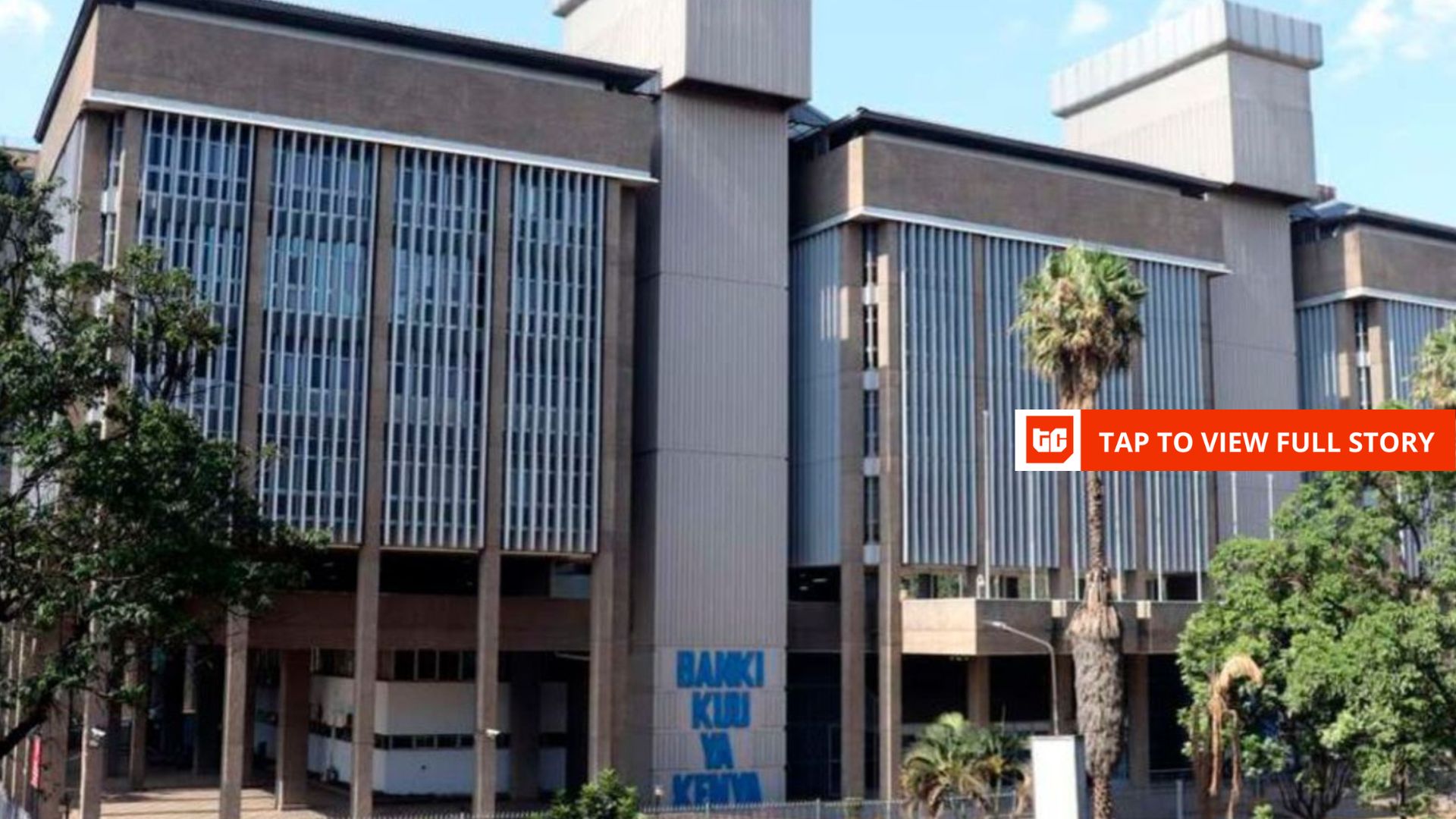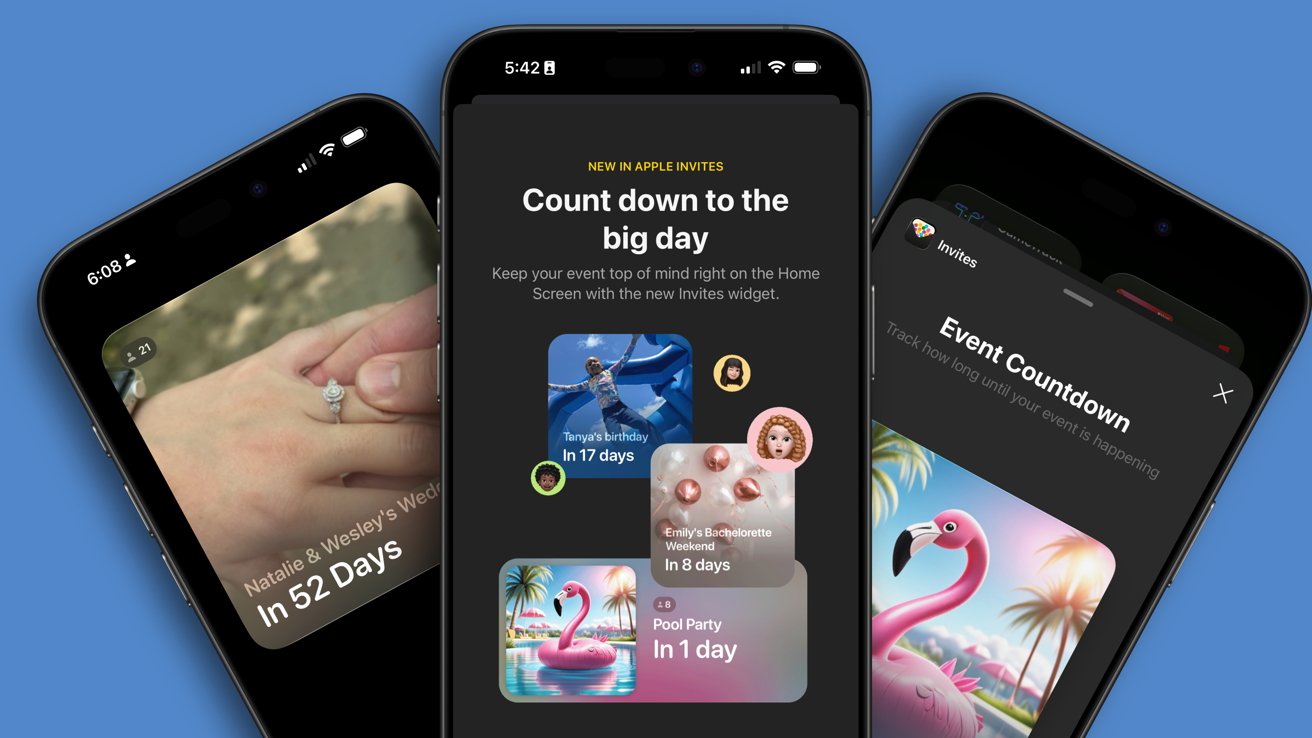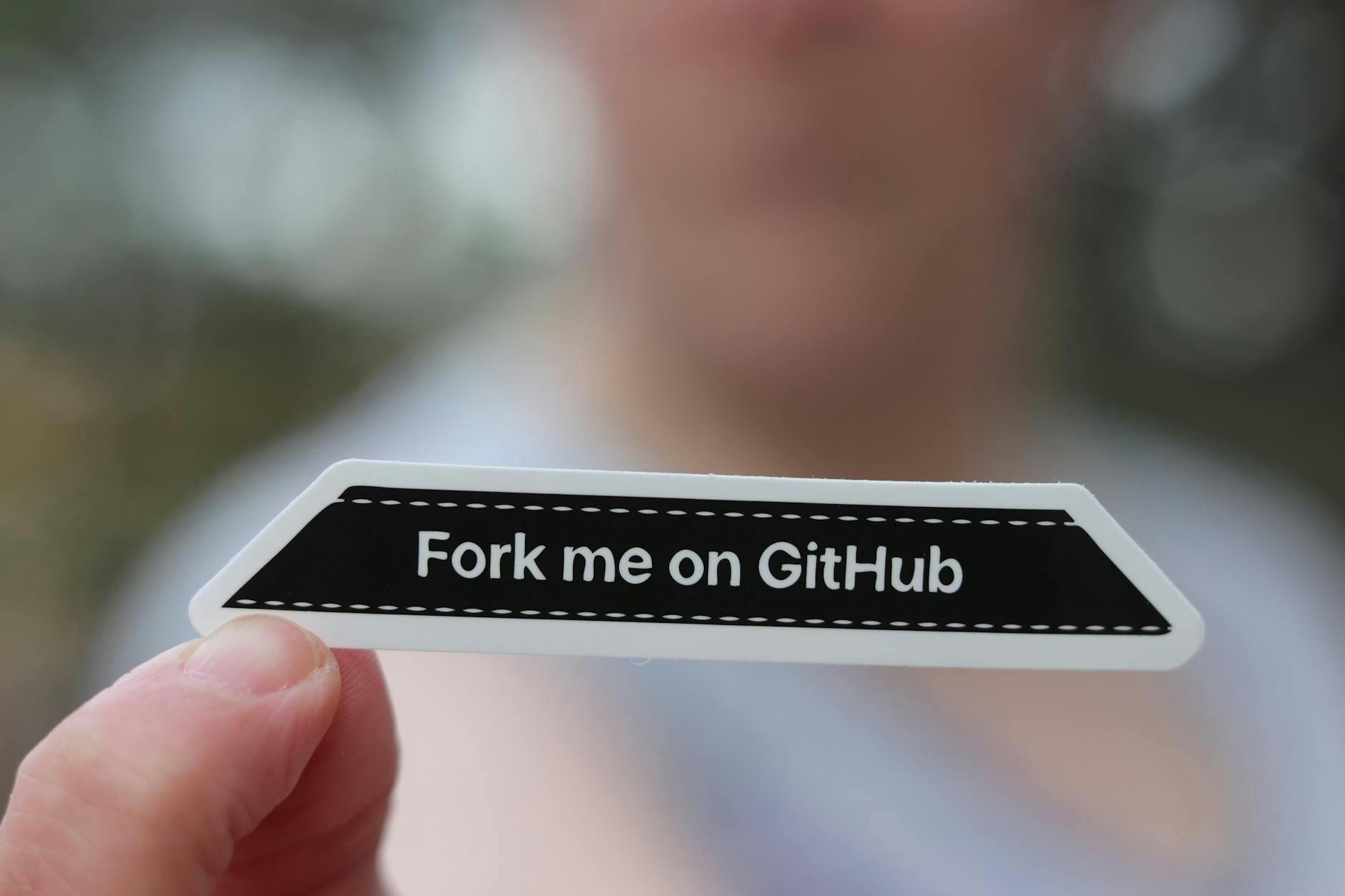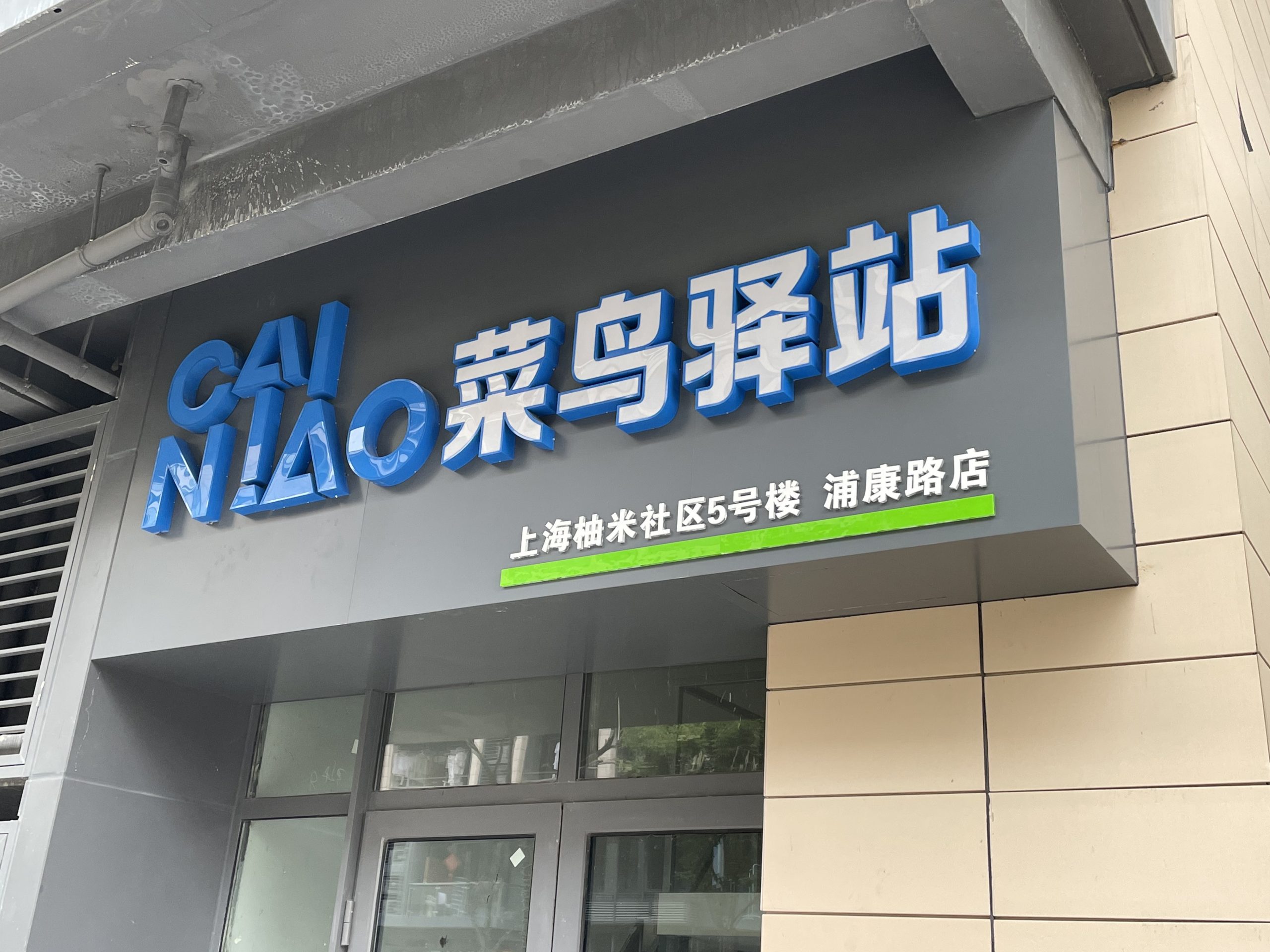If you’re Nigerian, you know the drill: one government office wants your National Identification Number (NIN), the next wants the same NIN plus your Bank Verification Number (BVN). Walk into yet another establishment, and now it’s your NIN, BVN, and Driver’s License that is being requested. Same data, different desks. Nigeria is finally saying, “Enough is enough.”
By the end of 2025, the government will roll out the Nigerian Data Exchange (NGDX). This central platform enables government agencies to pull verified data directly, eliminating the need for resubmission.
How will it work? Authorised Ministries, Departments, and Agencies (MDAs) will be able to log in to a unified backend to access citizens’ data. This platform will also allow private companies like fintechs and startups to tap into anonymised datasets for new users’ KYC verification and to provide healthtech, agri-tech, and edu-tech solutions.
For years, Nigerians have been asking why multiple registrations exist despite the existence of NIN, BVN, and SIM linkage efforts. NGDX is the government’s response to that query.
On the flip side: centralising that much sensitive data raises the stakes. The first quarter of 2025 saw 119,000 data breaches recorded in Nigeria alone. In June 2024, a report revealed that unauthorised websites were providing access to sensitive data of Nigerians for as low as $0.065.
If NGDX is going to hold Nigeria’s most important citizen data, it must be strong enough to actually keep it safe.










